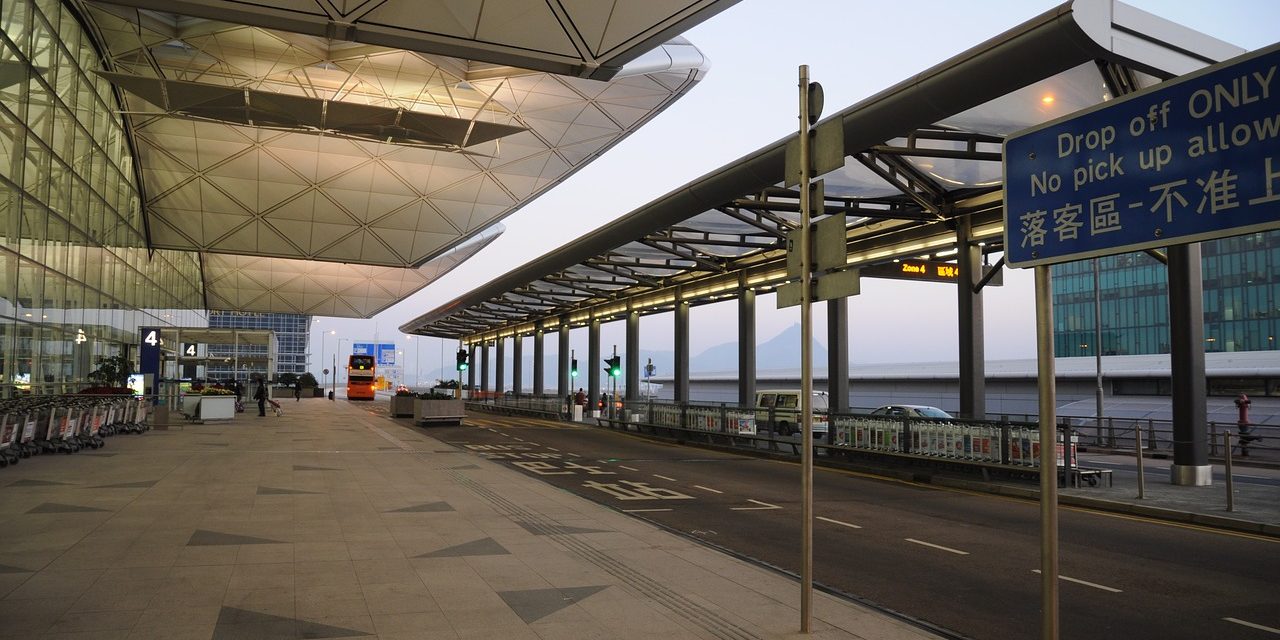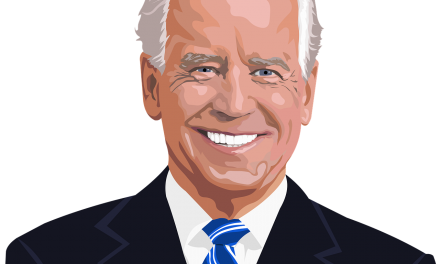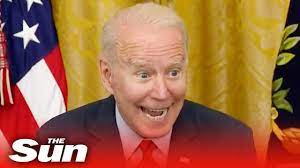Image by Wil Nemao from Pixabay
The pandemic brought dubious actions by some corporate motives to light. Executives at American Airlines are an example of short-term thinking and greed at taxpayers’ expense.
Published reports indicate many businesses are sharing in the sacrifice to overcome the severe effects of the coronavirus crisis.
From making hand sanitizers to masks, they’re doing their part to help society by alleviating critical supply shortages.
That’s in keeping with the COVID-19 pledge of the Business Roundtable. The Business Roundtable membership is comprised of CEOs from the nation’s largest companies.
It was also heartening Aug. 19, 2019 when the organization publicly and proudly announced it was redefining the purpose of a corporation.
For example, consider the eye-opening statement by Tricia Griffith, president and CEO of Progressive Corporation:
“CEOs work to generate profits and return value to shareholders, but the best-run companies do more. They put the customer first and invest in their employees and communities. In the end, it’s the most promising way to build long-term value.”
That’s long-term, unselfish big-picture thinking, right?
Dubious behavior
However, the behavior of executives at some companies is just the opposite. Short-term selfish thinking is still in vogue. Disingenuous corporate strategies affect taxpayers.
Published reports show some companies are still engaging in share buybacks. They have been boosting share prices for investors. That’s also great for 401(k) retirement funds.
Buying back shares is not illegal.
Strategic Planning Lessons: Why United Airlines Was Forced to Merge with Continental
Ideally, companies would buy back stocks when there are no other conservative business-like options to avoid risks or avoid economic downturns.
But that doesn’t appear to be the case. The COVID-19 pandemic has brought dubious motives to light.
By increasing earnings-per-share for investors, the buybacks line pockets of executives in the form of perks and increases their wealth if they own shares which is frequently the case.
Airline industry
For instance, consider the airline industry. The big airlines had squandered nearly all their cash on buybacks in recent years.
Specifically, you might recall American Airlines became profitable after filing for bankruptcy in 2011.
Instead of conserving cash or investing in important company initiatives, American Airlines spent more than $12 billion in buying back stock.
When the coronavirus hit and flights were 90 percent empty on American and other airlines, they begged for bailout money.
Under the guise of saving jobs in the airline industry, the airlines got money from the Coronavirus bailout package to help meet employee payroll –$58 billion in federal loan guarantees and grants.
In return, the airlines offered to delay furloughing workers for five months so they wouldn’t have to stand in line for unemployment benefits at the state employment offices.
Robbing Peter to pay Paul
An expression comes to mind: “Rob Peter to pay Paul” as taxpayers bail out the airlines.
In hiding behind the pandemic, the airlines are taking money from taxpayers while sticking us with a multi-billionaire tab. And the employees would still face possible lay-offs anyway.
Yes, in effect the airlines are discharging a massive employment expense but only to incur another mega bill on taxpayers who must somehow contend with economic dangers from the skyrocketing federal debt.
Not much leadership from airline executives – so much for the pledge to redefine corporations.
From the Coach’s Corner, see more positive and negative insights about Wall Street here.
“I turned on Wall Street for the same reason everybody else did: The American taxpayer was forced to cut mook deals to bail out guys who didn’t deserve it.”
-Steve Bannon
__________






